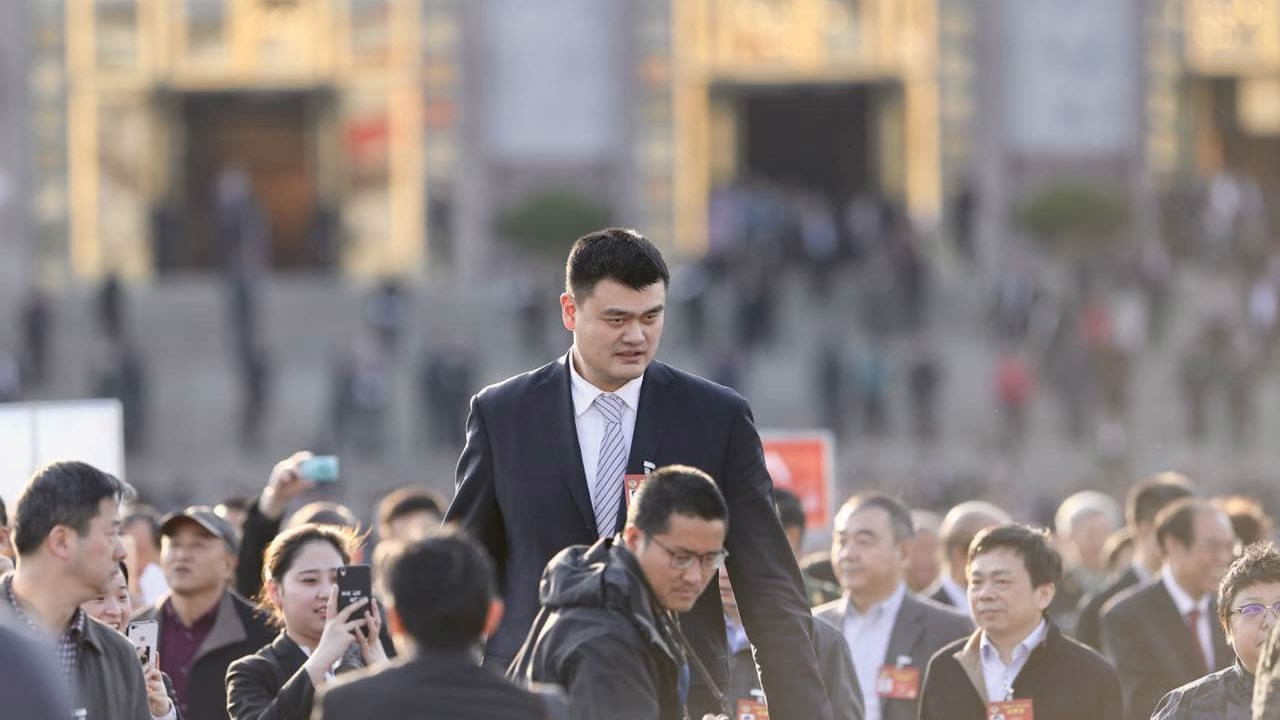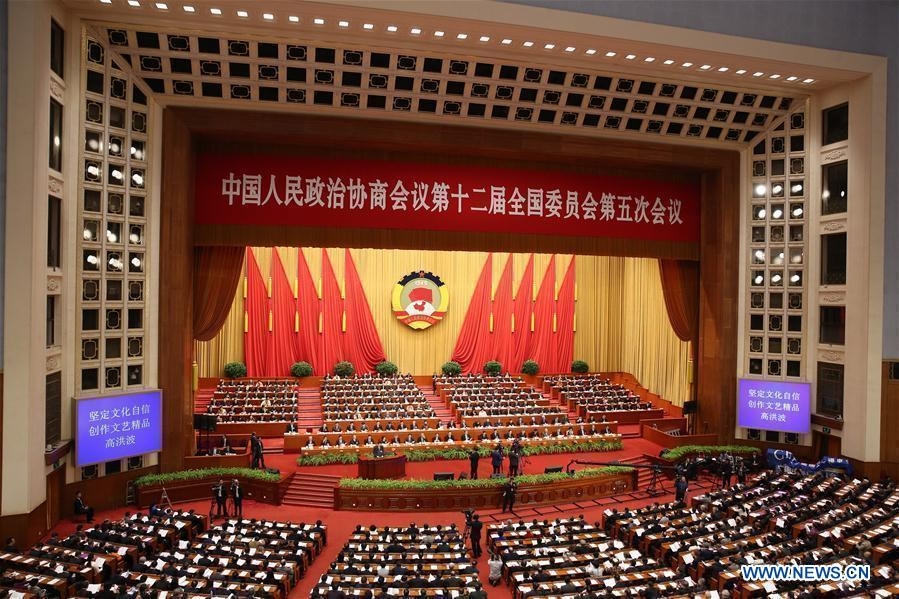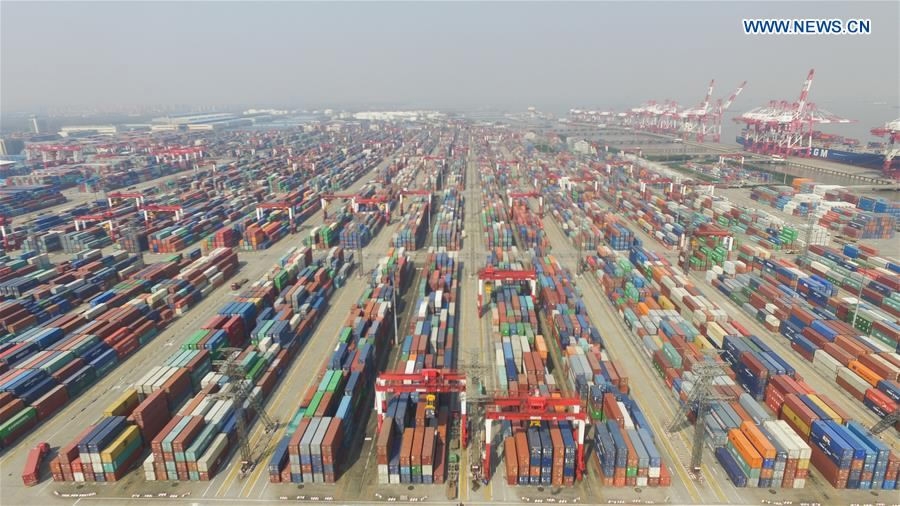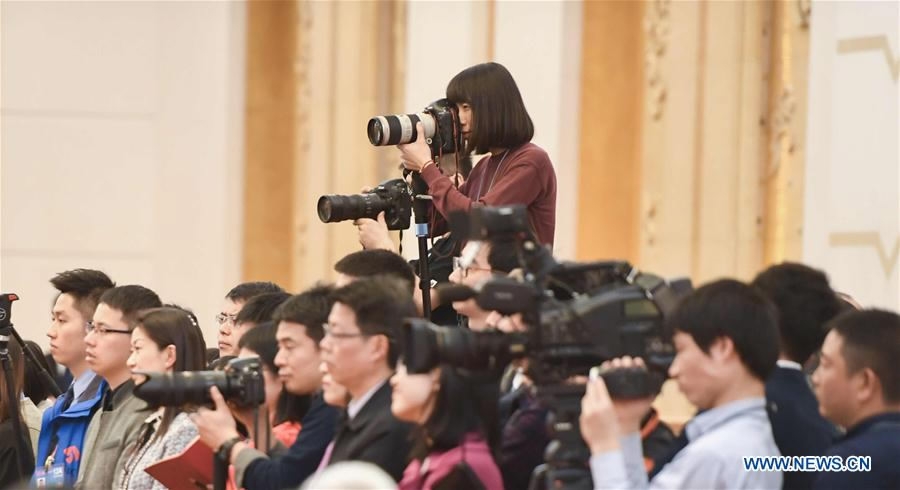
Politics
15:13, 11-Mar-2017
Views on Two Sessions: New Strengths, New Challenges
Updated
11:01, 28-Jun-2018

Guest commentary by Josef Gregory Mahoney
Reading the synchronized tea leaves as China moves past the Two Sessions and towards the 19th Party Congress this fall, it seems clear that the Party is enjoying the sort of high level unity that is necessary for tackling difficult reforms and new challenges.
This higher level of unity and apparent sense of shared resolve, along with having maintained basic stability and growth during the last five years, are the hard-won and vitally necessary foundations for assuring that leadership shuffles later this fall will create the right political team for addressing the nation’s needs over the next five years.
Many of these challenges are already well known. Among these, perhaps the most difficult is maintaining the delicate balancing act of sustaining growth rates while shifting the economic fundamentals undergirding past development.
Senior leadership from both the Standing Committee and the People’s Bank of China have used the Two Sessions platform to communicate their determination to press ahead, step-by-step, to assure that real reforms occur and that they emerge in a stable and sustainable way.

The third plenary meeting of the fifth session of the 12th National Committee of the Chinese People's Political Consultative Conference is held at the Great Hall of the People in Beijing, capital of China, March 10, 2017. /Xinhua Photo
The third plenary meeting of the fifth session of the 12th National Committee of the Chinese People's Political Consultative Conference is held at the Great Hall of the People in Beijing, capital of China, March 10, 2017. /Xinhua Photo
Another well-known challenge is addressing new developments related to national security. On the whole, the domestic security situation seems improved relative to the recent past and, despite sometimes dramatic posturing and reporting, the international situation also appears to be manageable.
In fact, China’s strategic and tactical position with respect to international affairs and national security has improved over the past five years as the country has taken positions that provide both more leverage and room for negotiation. This is to say that China’s hand for diplomacy has been strengthened, and therefore, the likelihood of a reasonable diplomacy in lieu of something worse will be the natural recourse for most if not all challenges in foreign affairs.

Aerial photo taken on March 9, 2017 shows containers at the China (Shanghai) Pilot Free Trade Zone in Shanghai, east China. /Xinhua Photo
Aerial photo taken on March 9, 2017 shows containers at the China (Shanghai) Pilot Free Trade Zone in Shanghai, east China. /Xinhua Photo
Furthermore, recent foreign political developments that have ruffled feathers globally—e.g. Brexit in the UK, the blustery success of Donald Trump, impeachments in South Korea and Brazil, a more assertive Russian stance in international security, ongoing questions in the South China Sea, reinvigorated nationalism in Japan and India, and so on—appear to be settling into a new normal at the moment.
However, the sole exception that presents China with the most uncertainty involves North Korea, which is easily provoked by perceived threats to sovereignty to take actions that invite more threats to sovereignty. Unfortunately, these developments can erode some aspects of Chinese security, and crafting a durable solution to this challenge is one of the most pressing and difficult tasks facing Chinese leaders today.

A female photographer works during a panel discussion of deputies to the 12th National People's Congress (NPC) from Jiangsu Province at the annual session of the NPC in Beijing, March 7, 2017. /Xinhua Photo
A female photographer works during a panel discussion of deputies to the 12th National People's Congress (NPC) from Jiangsu Province at the annual session of the NPC in Beijing, March 7, 2017. /Xinhua Photo
Domestically, China faces a number of interrelated challenges concerning generational shifts, the fragmentation of families, reinforcing gender equality and preserving Chinese values. For more than a century, Chinese political and economic developments have moved at such a high rate of speed that significant generational shifts have become the norm.
However, having grown up under a market economy and amid new wealth and opportunities, the 90s and 00s generations appear to some observers to present the greatest gap yet between young and old. At the same time, separations, divorces, migration and other causes have left these same generations without the sort of families that have helped mitigate such gaps in the past.
Furthermore, the declining opportunities facing women relative to men, including young women entering the work force for the first time, as well as continued expectations that women shoulder most of the domestic responsibilities is putting the sort of pressure on women that makes families weaker, not stronger.
The values carried within a global market culture along with new senses of individualism have made the situation more complicated. Finding a comprehensive solution to such problems will require both careful and bold new thinking and the sort of unity and resolve that the Chinese political system can afford these days, and which it cannot afford to neglect.
(Josef Gregory Mahoney, Ph.D., is a professor of politics and director of the international graduate program in politics at East China Normal University. The article reflects the author’s opinion, not necessarily the view of CGTN.)

SITEMAP
Copyright © 2018 CGTN. Beijing ICP prepared NO.16065310-3
Copyright © 2018 CGTN. Beijing ICP prepared NO.16065310-3